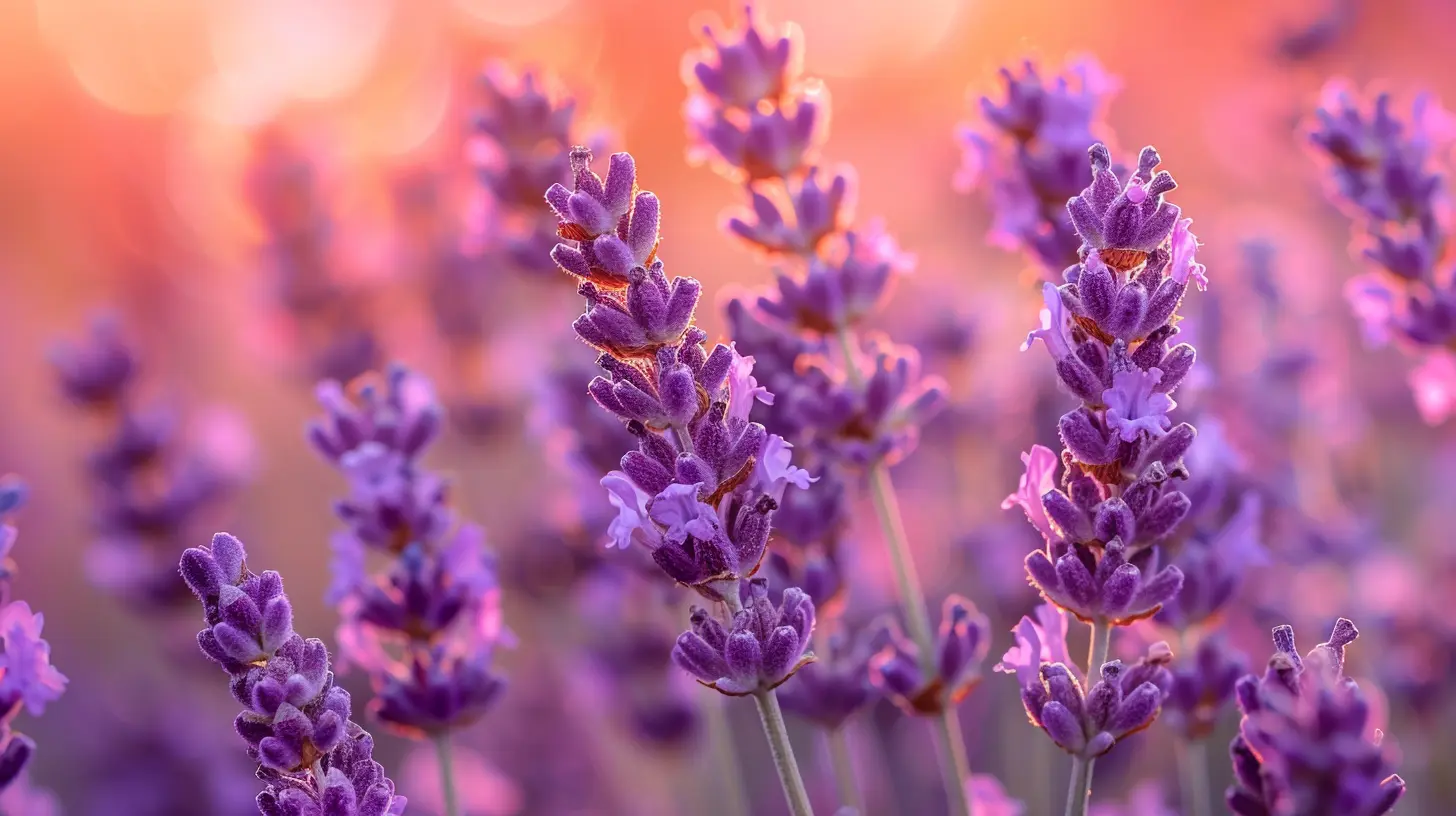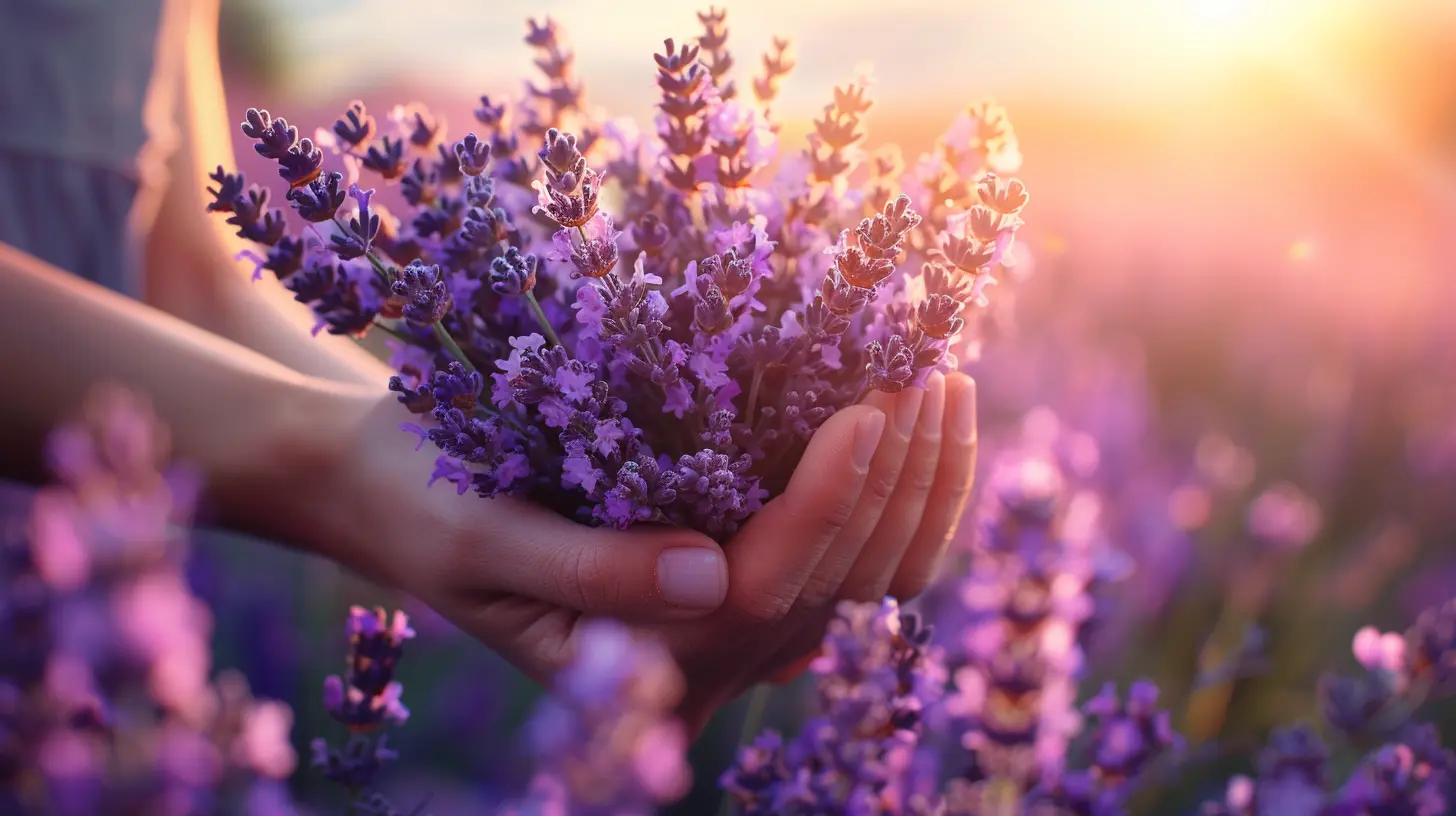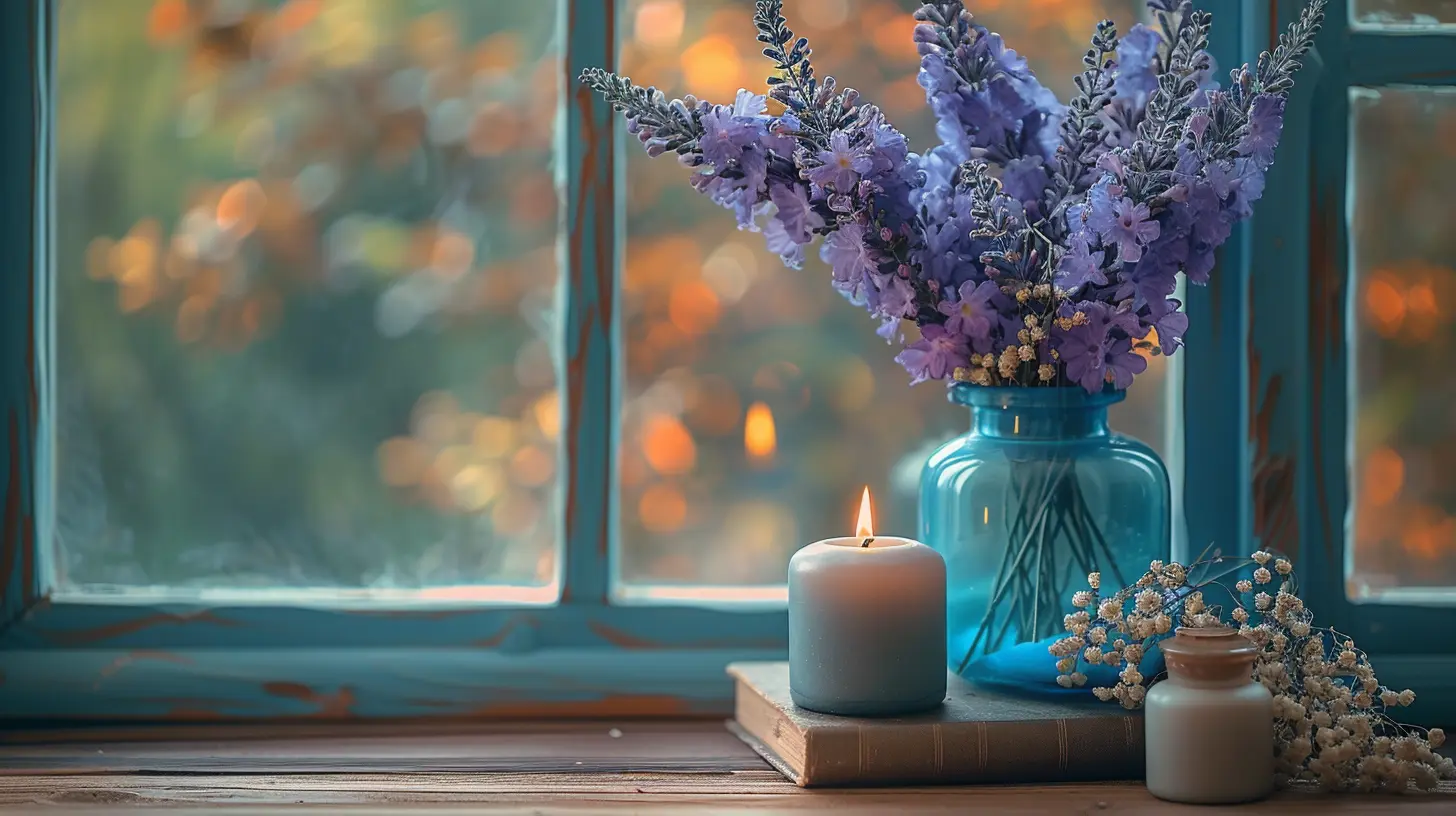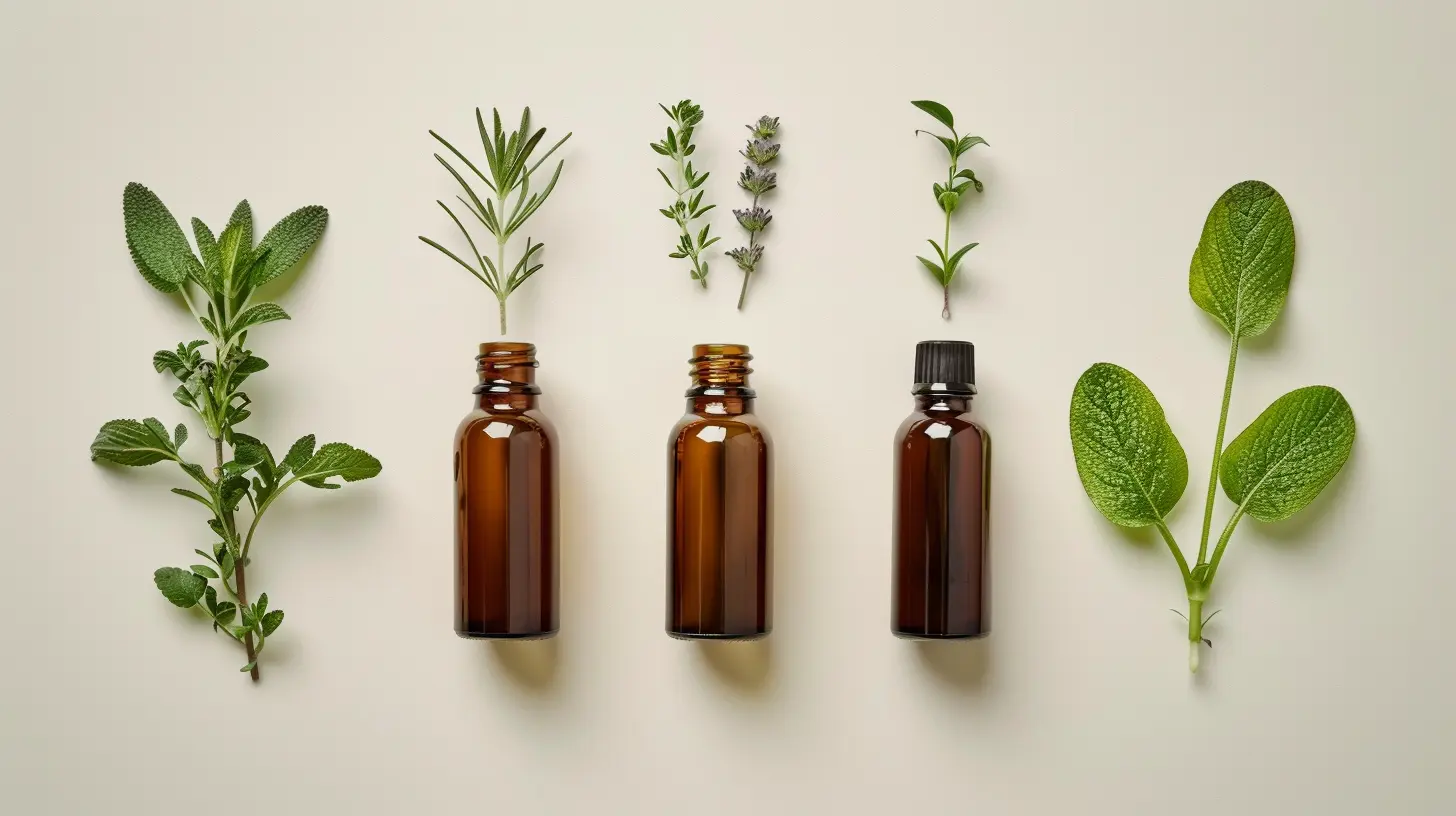4 February 2025
Let’s face it—life can get pretty overwhelming sometimes. Whether you’re dealing with endless deadlines, juggling personal responsibilities, or just having “one of those days,” we all search for ways to feel a little more at ease. That’s where aromatherapy comes in—a practice that’s been around for centuries, praised for its ability to calm the mind, energize the soul, and even lift our mood.
But how does it work? Is it a placebo? Or is there real, undeniable science behind it? Let’s light a candle, take a deep breath, and dive into the fascinating science behind aromatherapy’s impact on mood. 
What Is Aromatherapy, Anyway?
Before we get into the nitty-gritty, let’s start with the basics. Aromatherapy is a holistic healing practice that uses natural plant extracts—aka essential oils— to improve not just your physical well-being but also your emotional state.Think about walking through a lavender field or inhaling the scent of freshly peeled oranges. Those fragrances don’t just smell good; they have a way of making you feel different. Maybe more relaxed. Maybe more alert. That’s the magic of aromatherapy—but behind the scenes, it’s all biology and chemistry. 
The Science: How Smells Affect the Brain
Ever wondered why certain scents trigger vivid memories or emotions? That’s because smells are deeply connected to the brain—and more specifically, to the limbic system, the part of your brain that processes emotions, memories, and behavior.Here’s how it works:
1. The Nose Knows
When you inhale an essential oil, its tiny molecules travel through your nasal passages and hit your olfactory system (aka your sense of smell).Your olfactory nerve acts like a messenger, sending scent information straight to the limbic system and the hypothalamus. Think of it as a direct highway to the emotional centers of your brain.
2. Triggering Feel-Good Chemicals
Once the limbic system is activated, it can influence the release of neurotransmitters like serotonin, dopamine, and endorphins—chemicals that regulate our mood. For example:- Lavender has been shown to boost relaxation and reduce anxiety by encouraging the production of serotonin.
- Citrus oils, like orange or lemon, can prompt the release of dopamine, sparking feelings of happiness and energy.
Basically, certain smells are like tiny keys unlocking emotional responses in our brains. Cool, right? 
The Role of the Hypothalamus
Now, let’s talk about the hypothalamus—a tiny but mighty part of your brain responsible for maintaining balance in the body, or what scientists call homeostasis. When you smell something pleasant, the hypothalamus responds by regulating hormones and influencing physiological processes, like heart rate, blood pressure, and even stress levels.For instance, studies show that:
- Ylang-ylang can reduce heart rate and promote a sense of calm.
- Peppermint stimulates alertness and focuses the mind.
It’s like having a mood switch that essential oils can flip on or off, depending on the scent. 
Can Essential Oils Actually Change Your Mood?
Now, let’s address the skeptics in the room. Does aromatherapy actually work, or is it all in our heads?The truth lies somewhere in between. While science backs the connection between scents and brain activity, not everyone experiences aromatherapy in the same way. Some people might find lavender incredibly soothing, while others feel indifferent to it. That’s because personal preferences, past experiences, and even genetics play a role in how we interpret smells.
But here’s the good news: Numerous studies suggest that essential oils can have measurable effects on mood. For instance:
- A study published in the journal Frontiers in Psychology found that lavender essential oil significantly reduced anxiety in participants.
- Another study in Natural Product Communications revealed that inhaling bergamot essential oil reduced cortisol levels (aka the stress hormone) and improved mood.
So while aromatherapy might not be a cure-all, it’s definitely not snake oil.
Popular Essential Oils and Their Mood-Boosting Benefits
Not sure where to start? Here’s a quick guide to some of the most popular essential oils and how they can affect your mood:1. Lavender
- Perfect for: Stress relief, relaxation, better sleep.- Why it works: Its calming effects are well-documented, making it a go-to choice for winding down after a long day.
2. Peppermint
- Perfect for: Boosting energy, improving focus.- Why it works: Its sharp, invigorating scent stimulates the mind and wakes you up faster than a double-shot espresso.
3. Citrus Oils (Lemon, Orange, Grapefruit)
- Perfect for: Uplifting your mood, combating fatigue.- Why they work: These oils are like bottled sunshine. Their fresh, zesty scent is a natural pick-me-up.
4. Ylang-Ylang
- Perfect for: Finding your zen, promoting self-confidence.- Why it works: This exotic floral oil is known for its mood-lifting and stress-relieving properties.
5. Eucalyptus
- Perfect for: Clearing your mind, refreshing your spirits.- Why it works: Known for its clean, cool scent, eucalyptus can help you breathe easier—literally and figuratively.
How to Use Aromatherapy for Mood Enhancement
Now that you know the science, let’s talk about practical ways to incorporate aromatherapy into your routine. Here are a few simple methods to try:1. Diffusers
An essential oil diffuser is one of the easiest ways to fill your space with a mood-boosting scent. Just add water, a few drops of your favorite oil, and voilà—instant aromatherapy.2. Aromatherapy Roll-Ons
Keep a pre-diluted roll-on blend in your bag for on-the-go relief. Feeling stressed? Swipe a little lavender on your wrists and take a deep breath.3. Bath Time Bliss
Add a few drops of essential oil to your bath for a spa-like experience at home. Tip: Mix the oil with a carrier oil like coconut or almond to avoid skin irritation.4. DIY Room Sprays
Create your own aromatherapy spray by mixing essential oils, water, and a splash of witch hazel. Spritz it around your home or workspace to keep the good vibes flowing.5. Direct Inhalation
Need a quick pick-me-up? Add a drop or two of essential oil to a tissue, hold it close to your nose, and breathe in deeply.Are There Any Risks?
While aromatherapy is generally safe, there are a few things to keep in mind:- Always dilute essential oils before applying them to your skin. They’re super potent and can cause irritation if used undiluted.
- If you’re pregnant or have a medical condition, consult with your doctor before using essential oils.
- Be mindful of allergies. Patch-test a new oil on your skin to see if you have any adverse reactions.
Final Thoughts
Aromatherapy might seem like a simple practice, but its effects are rooted in science. By tapping into the powerful connection between scent and the brain, essential oils can influence our emotions, reduce stress, and even improve our overall well-being.So, the next time you’re feeling overwhelmed, why not let your nose lead the way? Whether it’s through the calming scent of lavender or the energizing zing of citrus, aromatherapy offers a natural, enjoyable way to uplift your mood. And hey, who doesn’t want their life to smell a little sweeter?








Vance Snow
Aromatherapy can significantly enhance mood by stimulating the brain's limbic system, which regulates emotions. Essential oils like lavender and citrus have been shown to reduce anxiety and improve overall well-being. Incorporating these scents into your routine may provide uplifting benefits.
March 22, 2025 at 3:23 AM